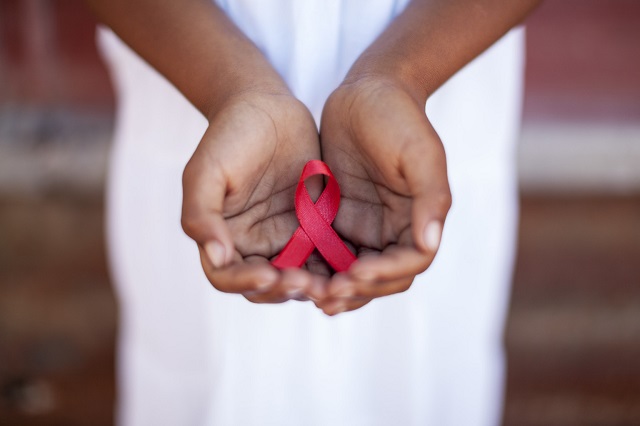
Kampala, Uganda | THE INDEPENDENT | Funding for HIV prevention research and development is slowing down, according to a new report by the Resource Tracking for HIV Prevention Research and Development Working Group, a collaboration between global HIV organisations – AVAC, IAVI and UNAIDS.
The report that analyzed global investment into HIV prevention in 2018 also shows that funding has been declining since 2014 although it fell lowest in 2017 where it decreased by 3.5% (US$ 40 million) from the previous year, falling to US$ 1.1 billion.
Responding to the report that was launched at the Global HIV Science Conference in Mexico last week, Dr. Nelson Musoba, the Director General Uganda AIDS Commission, said that the cuts globally are affecting programs in Uganda. He said here, only 13% of HIV funding went to prevention in 2017 and could have gone lower because they are still compiling the national expenditure data for 2018.
The key intervention in Uganda for HIV Prevention is male circumcision, whose funding globally has been cut followed by Prevention of Mother to Child Transmission of HIV activities.
Kenneth Mwehonge, an Advocacy Officer with local NGO Coalition for Health Promotion (HEPs) Uganda, says the declining funding for HIV prevention should worry those in the fight to end the virus because recent research has showed that the epidemic can’t be ended by just one intervention but a mix.
Currently, a number of studies for HIV Prevention are ongoing in the country including the one on choice for young girls where researchers are testing what prevention method between Truvada as PrEP and Dapivirine vaginal ring works best for this group.
Although, Others that have shown efficacy in studies like the vaginal ring have not yet been rolled for use by the general population. Prevention methods like Pre-Exposure Prophylaxis (PrEP) is also used in controlled settings.
The worry now is that this research and prevention devices may never be rolled out because of funding challenges. Mwehonge, however said Uganda performed well in terms of curbing new infections, which explains the reason behind the push for more prevention interventions.
Both Mwehonge and Musoba called for increased domestic funding into prevention as donor funds continuously go low.
*****
URN
 The Independent Uganda: You get the Truth we Pay the Price
The Independent Uganda: You get the Truth we Pay the Price



